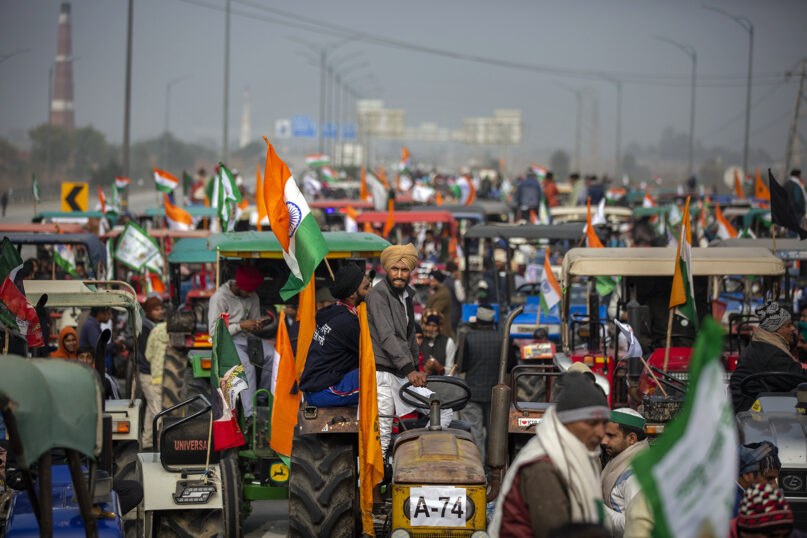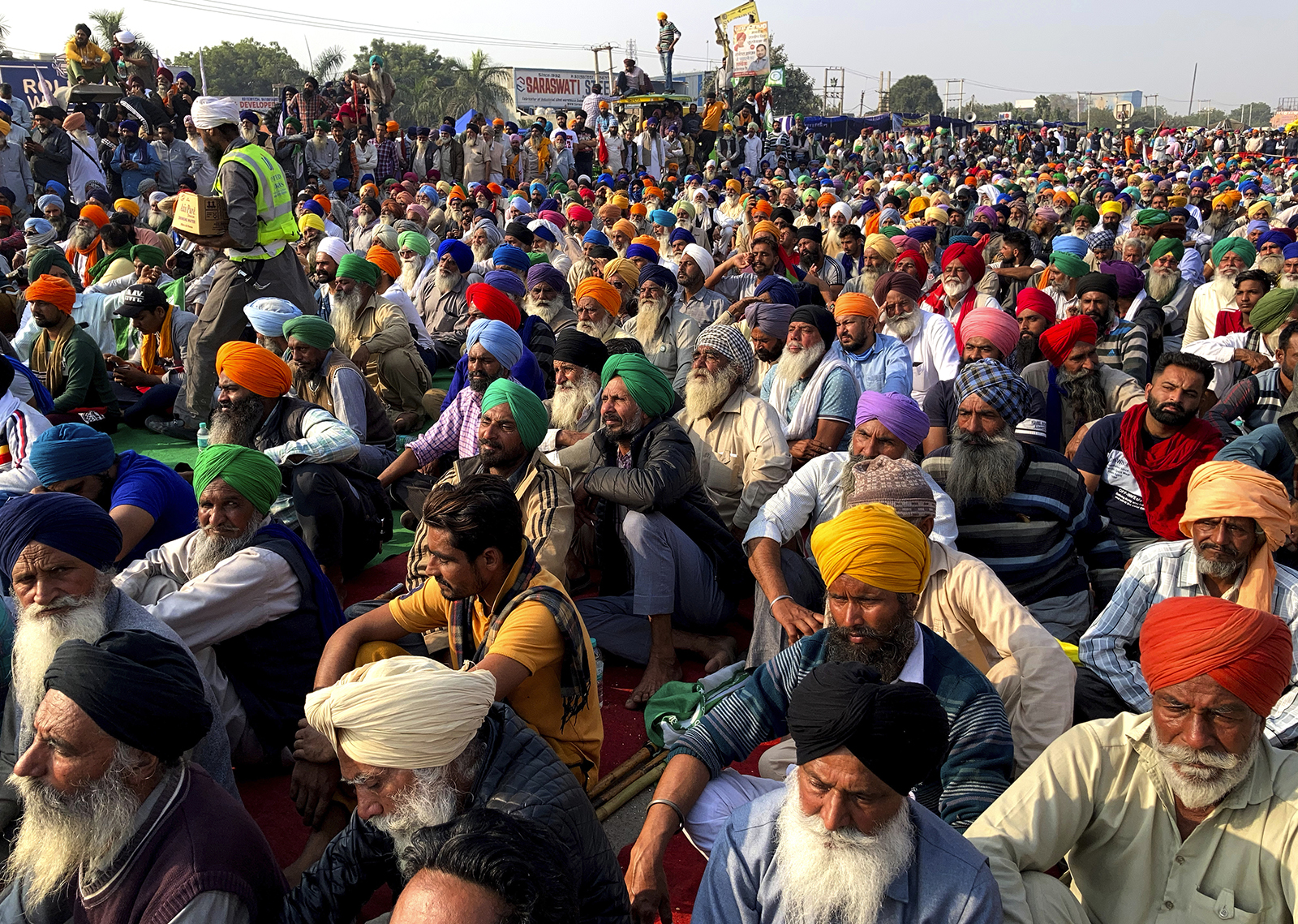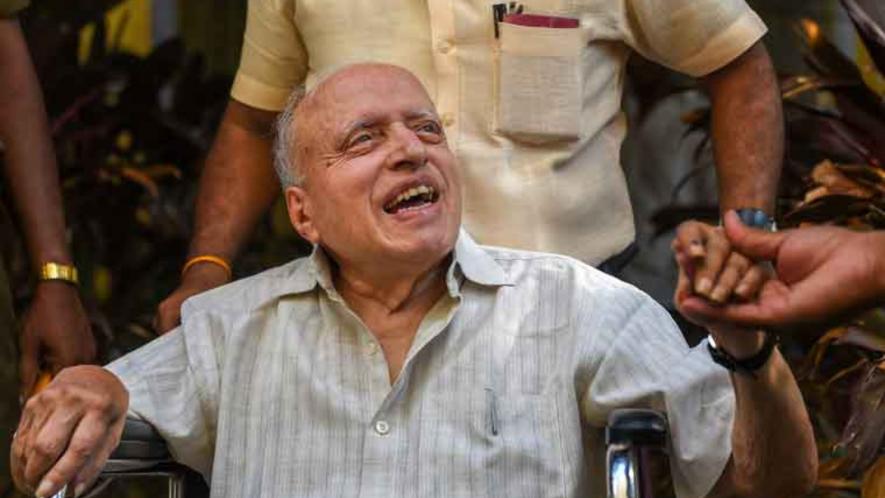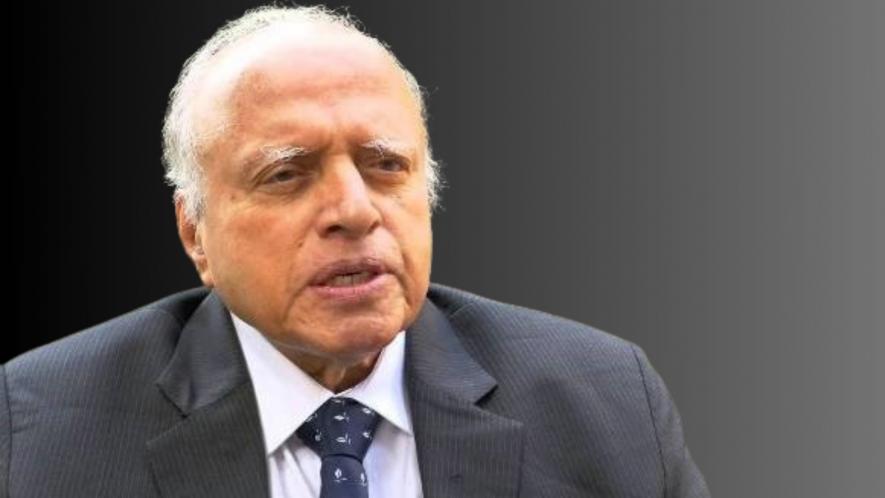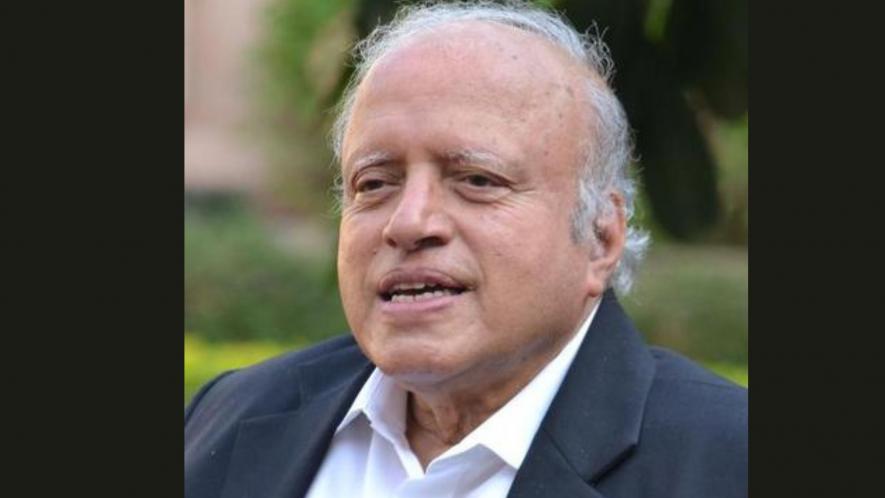Bayer, which profits from various environmentally harmful and disease-causing chemicals like glyphosate, has signed a Memorandum of Understanding (MoU) with the Indian Council of Agricultural Research (ICAR) “to develop resource-efficient, climate-resilient solutions for crops, varieties, crop protection, weed and mechanization”.
The ICAR, an apex public sector institution, is responsible for co-ordinating agricultural education and research in India. Predatory corporations like Bayer attempt to co-opt government agencies that can provide access to extensive networks in order to wield influence and market products. It’s a key business strategy.
And this is not lost on the Peoples’ Commission on Public Sector and Services (PCPSS), which includes eminent academics, jurists, erstwhile administrators, trade unionists and social activists. In a recently released statement, it expressed concern that Bayer will exploit the ICAR’s vast infrastructure to pursue its own commercial plans within India.
And those commercial plans are clear: to boost sales of toxic proprietary products by opening up new markets in India as sales stagnate or plummet elsewhere.
For example, it was reported in July that German-based Bayer expects to take a €2.5bn ($2.8bn) hit due to slower demand for its glyphosate-based products. Penetrating the huge Indian market represents a massive cash cow for foreign corporations, especially if their genetically engineered (GE), herbicide-tolerant food crops get the go ahead. Proprietary GE seeds are designed to be used with agrochemicals like the herbicide glyphosate.
An analysis of a database of 2018’s top-selling ‘crop protection products’ revealed that the world’s leading agrochemical companies made more than 35% of their sales from pesticides classed as highly hazardous to people, animals or ecosystems. The investigation identified billions of dollars of income for agrochemical giants Bayer, BASF, Corteva, FMC and Syngenta from chemicals found by regulatory authorities to pose health hazards like cancer or reproductive failure.
This investigation was based on an analysis of a huge dataset of pesticide sales from the agribusiness intelligence company Phillips McDougall.
Inadequate state funding is driving the ICAR to enter into agreements with companies like Bayer. However, the PCPSS says that such MoUs make a mockery of the stated government aim to boost self-reliance in India’s agricultural sector.
It argues that considering corporations like Bayer promote the use of toxic chemicals in agriculture, a partnership between the ICAR and Bayer of this kind is irreconcilable with the nationwide mission recently launched by Prime Minister Modi to propagate natural farming as a more sustainable alternative. In this respect, the ICAR’s MoU with Bayer is clearly counter-productive and out of place with the stated priority of the government.
The PCPSS notes that there are several ICAR-sponsored research institutions and state-level agricultural universities which are engaged in outstanding research relevant to Indian agriculture. A number of states have launched their own natural farming missions to free debt trapped farmers from the use of costly chemicals and other unsustainable practices. The PCPSS says it is therefore not clear as to why the ICAR should choose to promote Bayer in multiple areas of agricultural research.
Instead of Institutions promoting agrichemical products marketed by Bayer, the PCPSS asserts that the ICAR should shift its focus to agroecological approaches, biological inputs and integrated farming systems, which will help Indian agriculture in the long run.
Although the government revoked the three farm laws passed in 2021 that would have sounded a neoliberal death knell for Indian agriculture, it now seems to be accelerating the marketisation and corporatisation of the sector through other means. The year-long farmers’ agitation led to the government to revoke the farm laws, but these types of MoUs are one way of achieving what the farm laws failed to do.
The PCPSS wants the government to assure farmers a minimum support price for their produce on the lines recommended by the Swaminathan Committee so that farming may become a remunerative activity. It also urges the government to review the ICAR-Bayer MoU and similar agreements entered into by other official agencies with large corporates, not only in agriculture but also in other fields.
One such MoU was entered into by the Indian government in April 2021 with Microsoft, allowing its local partner, CropData, to leverage a master database of farmers. The MoU seems to be part of the AgriStack policy initiative, which involves the roll out of ‘disruptive’ technologies and digital databases in the agricultural sector.
Microsoft is supposed to help farmers with post-harvest management solutions by building a collaborative platform and capturing agriculture datasets such as crop yields, weather data, market demand and prices (data is the financially lucrative ‘new oil’ for those who own it). In turn, this would create a farmer interface for ‘smart’ agriculture, including post-harvest management and distribution.
CropData is to be granted access to a government database of 50 million farmers and their land records. As the database is developed, it will include farmers’ personal details, profiles of land held, production information and financial details. Microsoft will know more about farmers than farmers know about themselves.
The stated aim is to use digital technology to improve financing, inputs, cultivation and supply and distribution. The unstated aims are to impose a certain model of farming, promote profitable corporate technologies and products, encourage market (corporate) dependency among farmers and create a land market by establishing a system of ‘conclusive titling’ of all land in the country so that ownership can be identified and land can then be bought or taken away.
The plan is that, as farmers lose access to land or can be identified as legal owners, predatory institutional investors and large agribusinesses will buy up and amalgamate holdings, facilitating the further roll out of high-input, corporate-dependent industrial agriculture (and the massive health and environmental costs that it entails).
Indian agriculture has witnessed gross underinvestment over the years, whereby it is now wrongly depicted as a basket case and underperforming and ripe for a sell off to those very interests who had a stake in its underinvestment.
The PCPSS says it is not clear as to why the ICAR should choose to promote Bayer in multiple areas of agricultural research, especially given the government’s stated commitment to natural farming.
However, India has submitted itself to the regime of foreign finance, awaiting signals on how much it can spend, giving up any pretence of economic sovereignty and leaving the space open for private capital to move in and capture markets.
That much has been made clear by the Research Unit for Political Economy in the article ‘Modi’s Farm Produce Act Was Authored Thirty Years Ago, in Washington DC’. The piece states that current agricultural ‘reforms’ are part of a broader process of imperialism’s increasing capture of the Indian economy.
A 1991 World Bank memorandum set out the programme for India. At the time, India was still in its foreign exchange crisis of 1990-91 and had just been subjected to an IMF-monitored ‘structural adjustment’ programme that involved shifting 400 million people from rural India to the cities and corporatising agriculture.
The current administration is attempting to dramatically accelerate the implementation of the above programme. The aim is to drastically dilute the role of the public sector in agriculture, reducing it to a facilitator of private (foreign) capital.
There has been an ongoing strategy to make farming financially non-viable for many of India’s farmers. The number of cultivators in India declined from 166 million to 146 million between 2004 and 2011. Some 6,700 left farming each day. Between 2015 and 2022, the number of cultivators was likely to decrease to around 127 million.
We have seen the running down of the sector for decades, spiralling input costs, withdrawal of government assistance and the impacts of cheap, subsidised imports which depress farmers’ incomes.
The PCPSS is not the first to express concern about the deepening penetration of large, profit-hungry corporations. In late November 2018, a charter was released by the All India Kisan Sangharsh Coordination Committee (an umbrella group of around 250 farmers’ organisations) expressing similar sentiments.
The charter also expressed alarm about the economic, ecological, social and existential crisis of Indian agriculture as well as the persistent state neglect of the sector and discrimination against farming communities.
The repeal of the three farm laws in late 2021 was little more than a tactical manoeuvre. The powerful global interests behind these laws did not simply disappear. As big tech giants team up with traditional agribusiness companies like Bayer, the goal to capture and radically restructure the sector remains and is gaining momentum. The farmers’ struggle in India is far from over.
Colin Todhunter is an independent writer specialising in development, food and agriculture. You can read his new e-book Food, Dependency and Dispossession: Resisting the New World Order for free here. Read other articles by Colin.